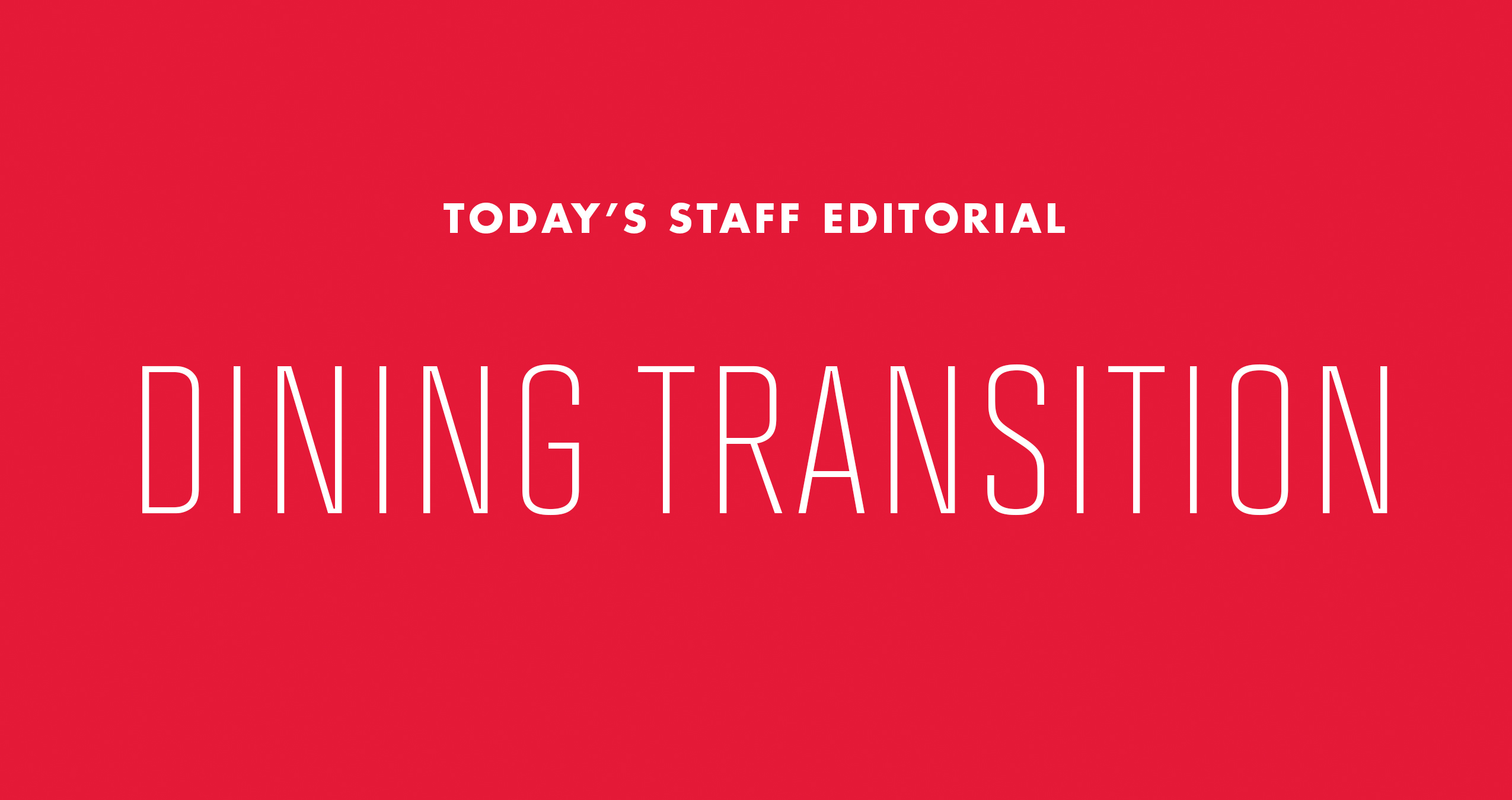With only weeks remaining until the start of the fall semester, the University of Maryland has nearly completed its much-discussed transition toward the new Anytime Dining meal plan. While there remains the potential for unseen complications and setbacks, this editorial board believes that our Dining Services has so far expertly handled this culinary shift.
In the past, this board has already hailed the progressive nature of an Anytime Dining program, praising the plan’s goals of achieving nutritional parity among all students, preventing unnecessary dining point rationing and improving dining hall efficiency. Since then, although many possible concerns have been raised, this university has attempted to both meet those concerns and preempt future trepidations to the best of its ability.
For weeks during this past semester, Dining Services set up registration tables in the South and North Campus dining halls to enter current students’ biometric handprints into the new security system, which would prevent excessive delays during the upcoming year. Similarly, in order to alleviate confusion, it has sent detailed emails to the student body, comprehensively described the plan on its website and even published articles in The Diamondback explaining how best to individually manage this transition.
Additionally, Dining Services has provided 80 complimentary convenience store points — now known as Dining Dollars — to help adjust individual students who have relied on cafes and shops for quick, on-the-go meal options. And while, despite complaints, carryout options have been eliminated, this university has remained transparent and engaged with students as to why this necessary adjustment had to occur, holding information sessions and participating in social media outreach to better prepare students with ideas such as scheduling lunch breaks among their classes.
When fundamentally altering a service that influences the lives of thousands of students, this university was bound to face opposition. However, Dining Services has maintained an engaging and helpful tone with questioners and critics, rather than an adversarial one. Factoring in the early security sign-ups, public outreach and malleable policies based on student concerns, this university has successfully navigated the twists and turns of this meal plan transition.



